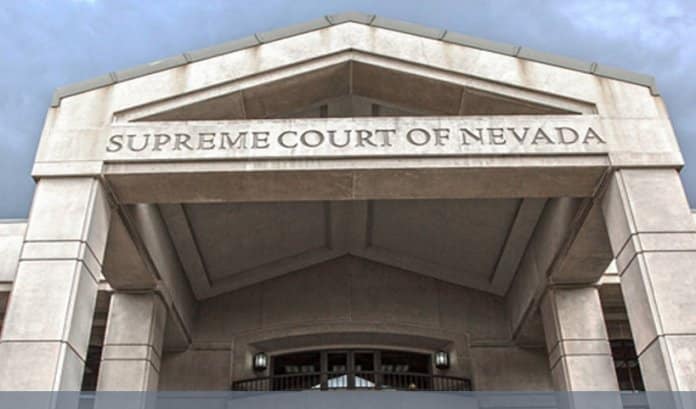ISAACSON LAW BLOG
Investing Reserve & Operating Funds

Investing Reserve & Operating Funds
It was recently reported by HOAleader.com that a Canadian condo board voted to invest a portion of its reserve funds in Bitcoin. Given most board members have it pounded into their brains that they own their community a fiduciary obligation, I am often asked what this means for investment of the community’s funds.
On one hand, board members intuitively understand they should not make risky investment when it involves other peoples’ money. On the other hand, board members also want to keep their community’s assessments as low as possible and not create a financial hardship for its members. This often leads individual board members to question whether certain investments can be made as to get a higher rate of return. But what are the guidelines board members must follow?
The short answer is that Nevada places very strict requirements on where a community association can invest the community’s funds. NRS 116.311395.1 generally provides that an association must deposit its funds at a financial institution which is (a) located in the State of Nevada; (b) is qualified to conduct business in the State; or (c) has consented to be subject to the laws and subpoena power of the State. In sum, the State wants the ability to pursue a financial institution should it fail or have the power to subpoena records should a board’s investments be called into question.
When it comes to the type of account where an association’s funds can be placed, NRS 116.311395.2 provides they must be deposited or invested in (a) an account which is insured by the Federal Deposit Insurance Corporation, the National Credit Union Share Insurance Fund or the Securities Investor Protection Corporation; (b) with a private insurer approved to provide insurance within the State; or (c) a government security backed by the full faith and credit of the Government of the United States. Therefore, Nevada generally requires that the funds be protected from loss.
These restrictions therefore place strict limitations on where and how an association’s funds can be invested. Though other investments may be more attractive, board members who chose to place a community’s funds with a bank or in an investment that does not meet the requirements of NRS 116.311395, could be subjecting themselves to personal liability. It is therefore imperative that board members determine if the financial institution and investment meet these requirements before the investment is made. Board members are therefore encouraged to consult with their community managers and bankers before authorizing the transfer of any funds.
Board members are further encouraged to review their community’s governing documents to ensure no other restrictions are imposed on the place or manner of any investments. Though courts will typically not supplant their judgment for the board’s, even if the board was legally allowed to make a given investment, a bad one will not endear you to your neighbors.
If you have questions regarding the possible legal ramifications of your community’s investments, contact Troy Isaacson at (702) 529-2559.

LOCATION
- (702) 529-2559
- 7575 Vegas Dr, Suite 150N, Las Vegas, Nevada 89128
BUSINESS HOURS
Monday – Friday: 8:30am to 5:30pm
Recent Blog Posts

HOA Fee Increases: Don’t Surprise Homeowners


Why “Failure to Communicate” Is a Violation

